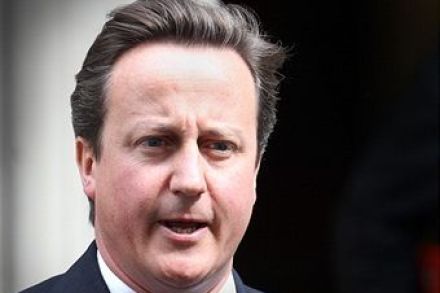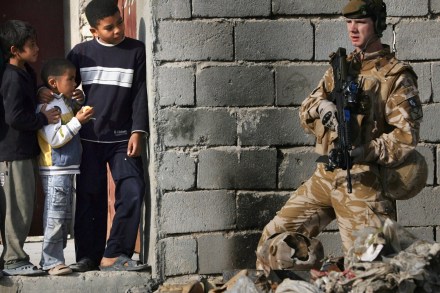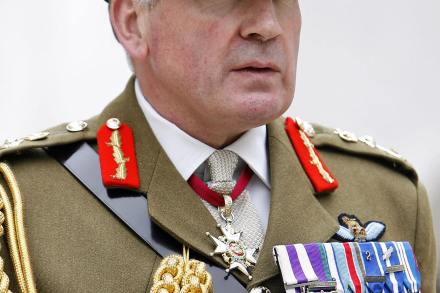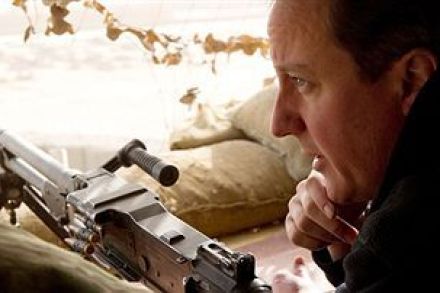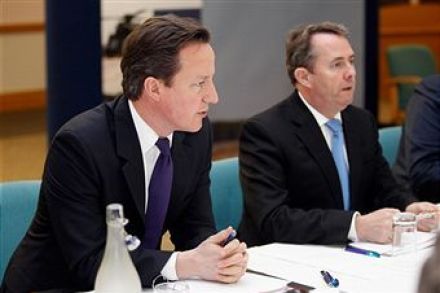Tory Defence Meltdown
How many Tory MPs came into parliament – even this parliament – thinking they’d be asked to support a Tory-led plan to cut the army by 20%? How many Tory voters think this is where the public spending axe should fall? Precious few, I reckon. And yet, remarkably, this is what Liam Fox is planning. As I’ve noted before Fox is hoist upon his own petard having rashly promised 25% savings without (of course!) there being any impact on “frontline troops”. Now there will be rather fewer frontline troops and Liam Fox appears to have been kippered by the Treasury. Boosting the Reserve capability is a worthy goal, for sure,


